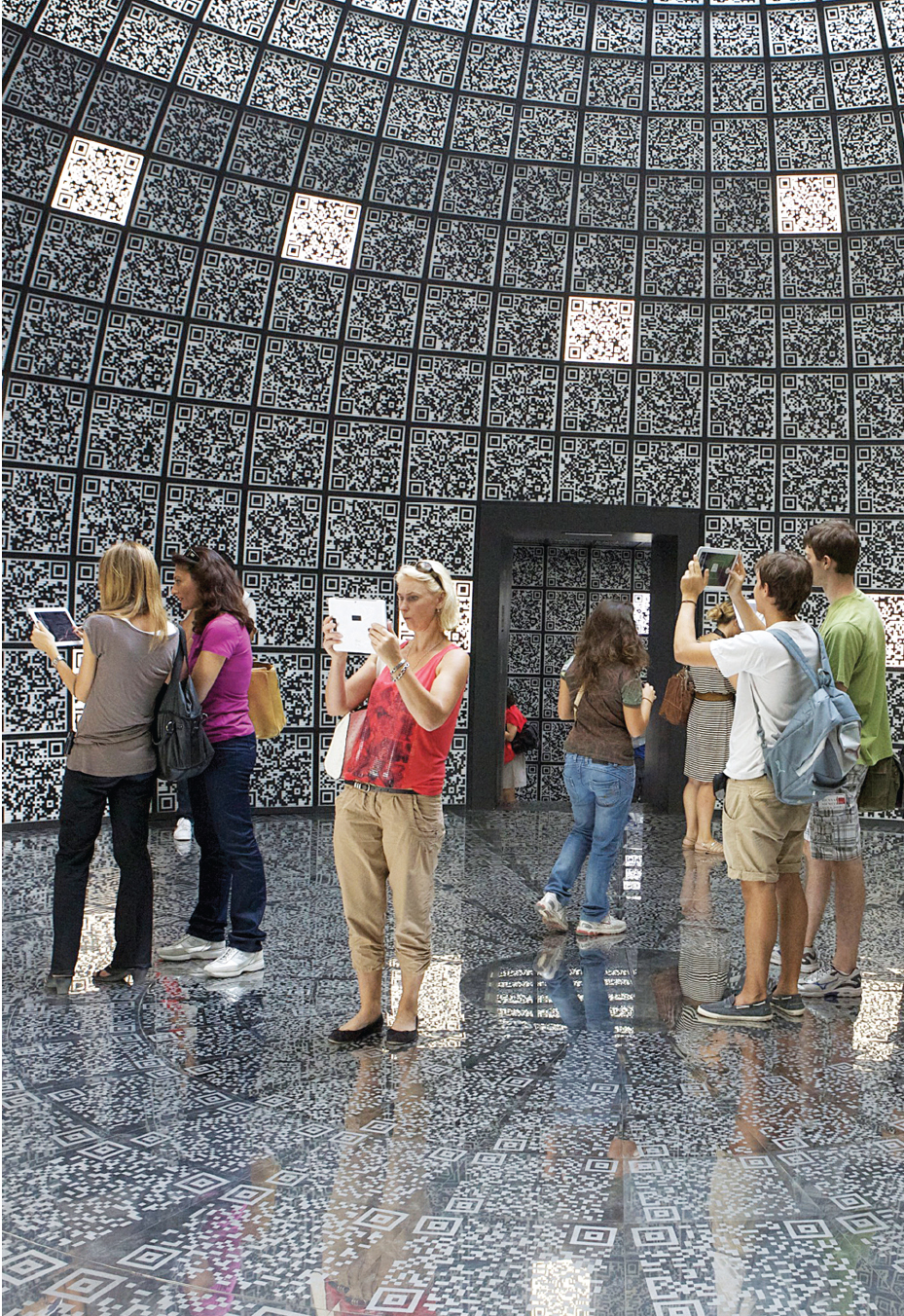Introduction for Chapter 30
30. Life in an Age of Globalization, 1990 to the Present
>What opportunities and challenges are Europeans presented with at the dawn of the twenty-
LearningCurve
After reading the chapter, use LearningCurve to retain what you’ve read.

>How did life change in Russia and the former East Bloc countries after 1989?
>How did globalization affect European life and society?
>What are the main causes and effects of growing ethnic diversity in contemporary Europe?
>What challenges will Europeans face in the coming decades?
| 1980s– |
2002 |
| – Emergence of globalization | – Euro replaces national currencies in Eurozone |
| 1990s– |
2003- |
| – New waves of legal and illegal immigration to Europe | – Iraq War |
| 1991 | 2004 |
| – Maastricht Treaty | – Train bombings in Madrid by Islamic extremists |
| 1991– |
2005 |
| – Civil war in Yugoslavia | – Young Muslims riot in France; subway bombing in London by Islamic extremists |
| 1992– |
2008 |
| – Decline of Russian economy | – Worldwide financial crisis begins |
| 1993 | 2009 |
| – Creation of the European Union | – Ratification of Treaty of Lisbon; young Muslims riot in France |
| 1999 | 2011 |
| – Protests against World Trade Organization (WTO) in Seattle | – Start of Arab Spring |
| 2000– |
2012- |
| – Resurgence of Russian economy under Putin | – Mass protests against government austerity plans in Greece and Spain |
| 2001 | 2013 |
| – September 11 terrorist attack on the United States; war in Afghanistan begins | – France legalizes same- |